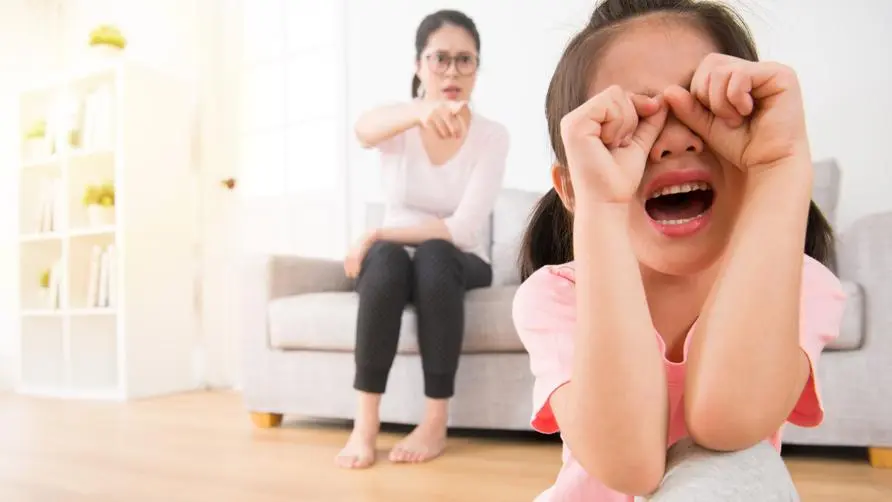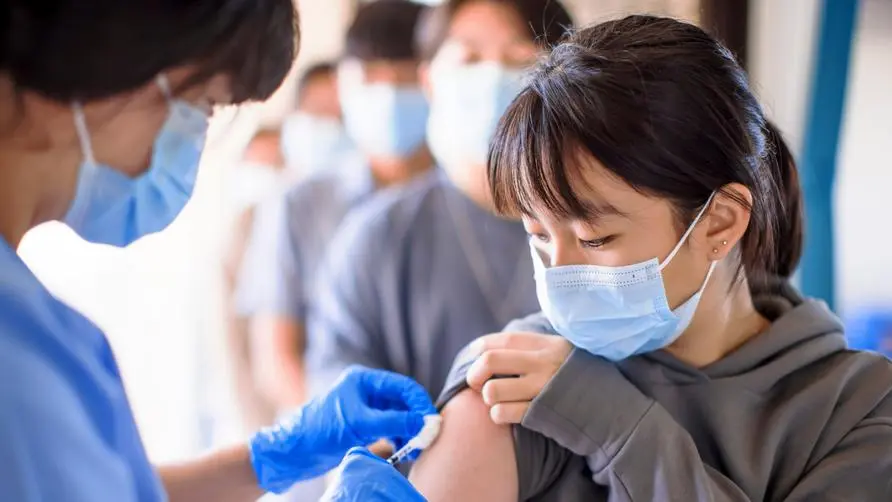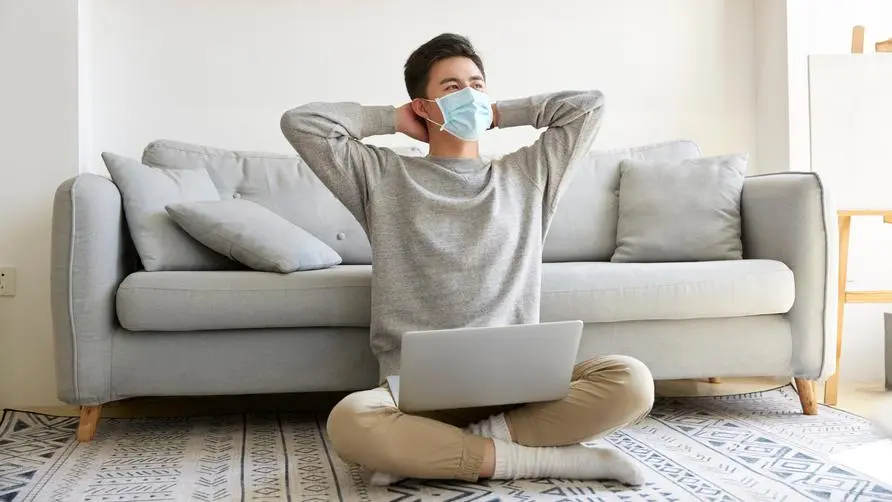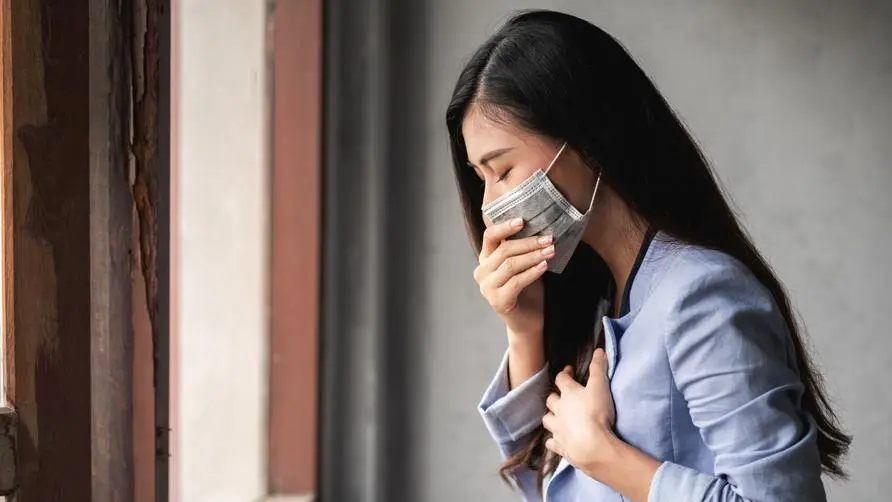Got a "bad habit" during the epidemic prevention period but can't quit it after the lockdown is lifted? Study: Social behavior helps reduce addiction
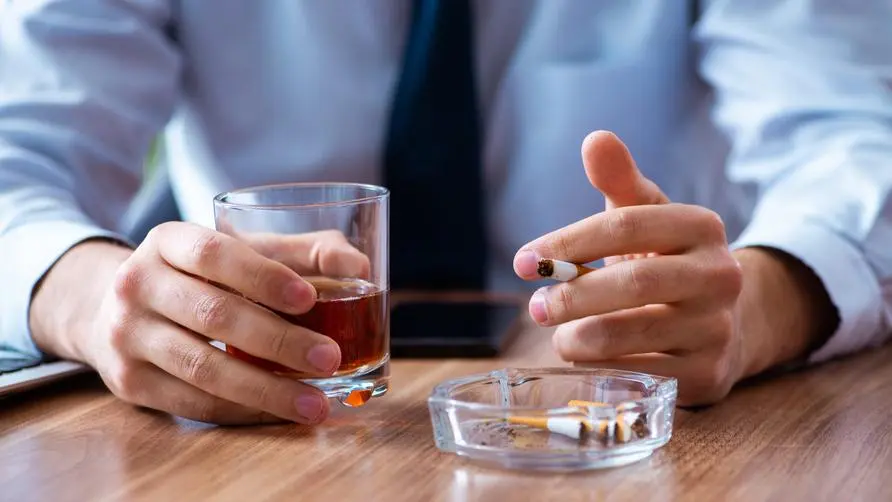
Social behavior is a normal thing for human beings, but with the COVID-19 pandemic, social behavior has changed instantly: some people do not have access to original medical resources and social assistance, and some people have to face the loss of loved ones. pain of. Without the bonds between people, the number of patients with mental and psychological diseases has increased sharply during the pandemic, and the rates of alcoholism and drug abuse have soared in various places. Without people to rely on, it seems that they can only rely on bad habits to relieve loneliness. If you were in extreme pain because you were unable to quit your bad habits during the previous level 3 alert, please quickly use the unblocking period to connect with long-lost friends and family, which may help reduce your addiction!
Australian animal experiment proves social interaction helps to quit bad habits
Kelly. from the School of Psychology at the University of New South Wales, Australia. Dr. Kelly Clemens wanted to explore why people are more likely to become addicted to bad habits, such as alcohol, smoking or drugs, when they are isolated from the outside world. So Clemens began experimenting with adult rats. The research team first made the rats addicted to nicotine, and then isolated them in a cage without contact with other companions. The team found that rats were more likely to become dependent on nicotine during periods of isolation, but their nicotine addiction was much less severe once they returned to their companions. Clemens said this means that social behavior may help reduce the onset of addiction to bad habits, and may lead to future research in the direction of treating patients with “substance abuse”. Interestingly, while this study focused on nicotine addiction, Clemens believes the same may be true for addiction to sugar and high-cholesterol diets.
Clemens further added that during the pandemic, the isolation of individuals from society has intensified, which may lead to behaviors such as anxiety, depression, or overeating. If combined with bad habits such as smoking and drinking, the physical condition will only deteriorate. It got worse as the quarantine wore on. During the epidemic, people are eager for social interaction. She believes that when people interact socially, the brain will activate a certain “reward mechanism” to make the mood more pleasant and relaxed, which may reduce the addiction to bad habits. This can be regarded as a a diverting behavior. However, Clemens emphasized that this experiment only focused on animals, and further research is needed to verify whether this theory is accurate.
Social behavior is similar to food cravings! Preventing the epidemic at home can be said to be “against instinct”
The Massachusetts Institute of Technology once conducted an experiment in which they isolated the participants and did not allow them to use social software or interact with anyone for 10 hours; after a few days, they were asked to fast 10 hours. After scanning their brains, researchers found that the substantia nigra in the participants’ brains had similar “desire signals” for social interaction and food. This means that human beings’ pursuit of social interaction is a physical “instinct” just like eating. This also explains why people’s mental status will be unstable after the outbreak, because people need each other’s company, which is driven by instinct, and home isolation can be said to be a behavior that goes against instinct.
The previous stay-at-home epidemic prevention did make many people bored. According to the above-mentioned research, the epidemic not only greatly increased the chance of individuals contracting bad habits, but also affected the increase in the rate of domestic violence and the increase in the number of psychological outpatient visits. Fortunately, Taiwan Only by cooperating with epidemic prevention policies and maintaining a high degree of self-discipline during the level three alert period were we able to effectively control the epidemic within three months. Based on the above, as long as individuals truly comply with the epidemic prevention policies promulgated by the Epidemic Command Center, they do not have to be afraid of violating their social instincts, stay in touch with important people around them, and return to their own social circles.
source:
